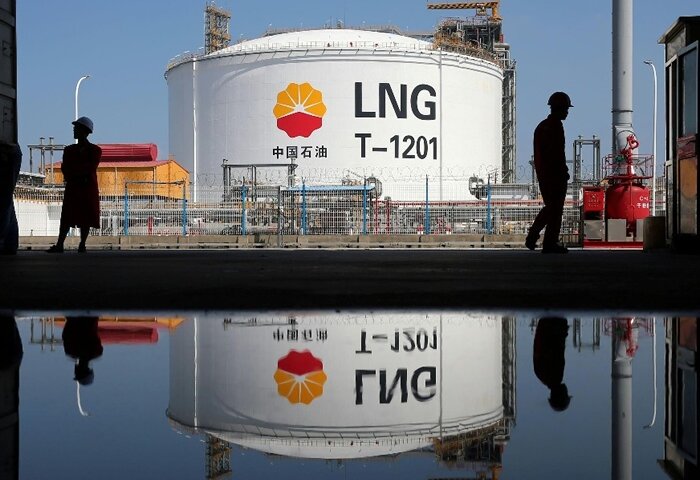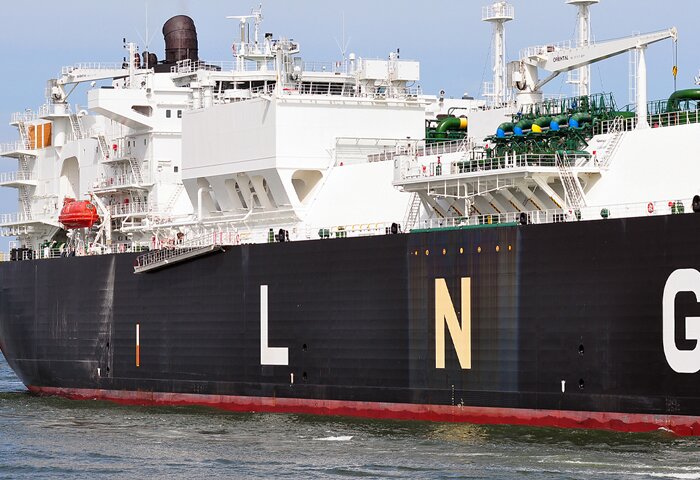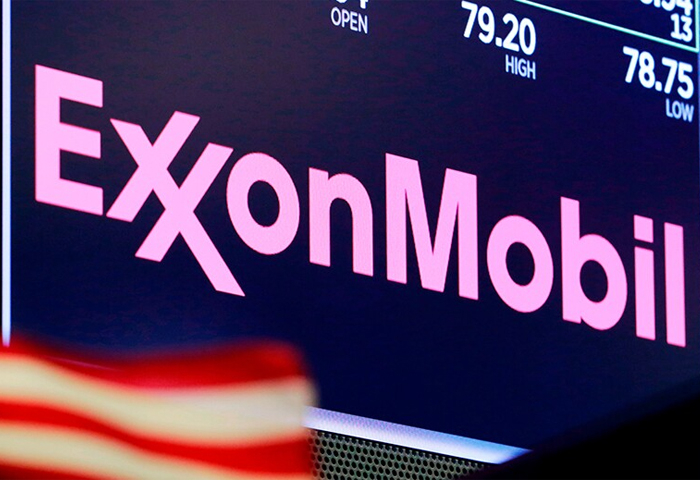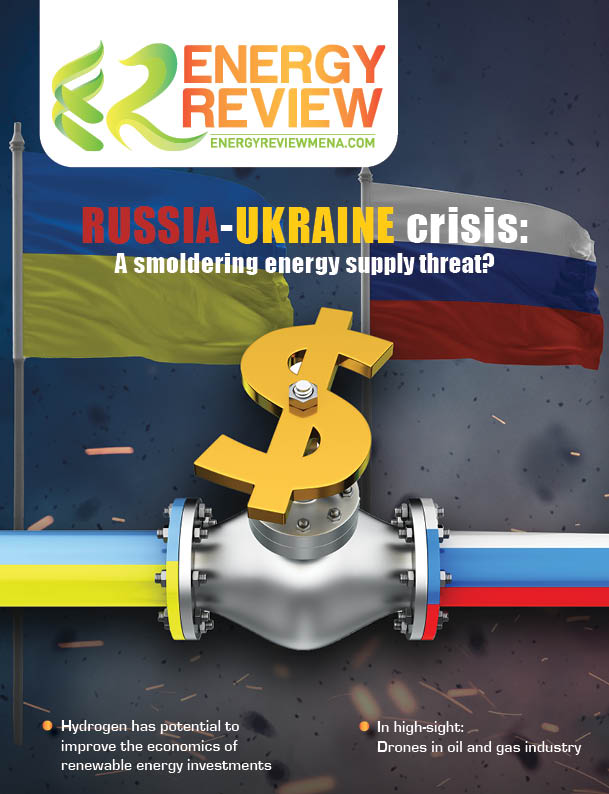A multibillion-dollar pipeline of projects could be in jeopardy because of a collapse in the global gas market, according to a report.
A study by Global Energy Monitor has found that spending on new gas terminals needed to ship super-chilled liquefied natural gas (LNG) on seaborne tankers has more than doubled in the past year, from $82.8bn (£66.3bn) to $196.1bn.
However, many of these projects risk being abandoned because of a glut of fossil fuel supply, which could cause the “gas bubble” to burst.
Following a string of divestments from LNG funders, the report warns that at least two dozen projects were recently cancelled or are in serious financial difficulty.
"LNG was once considered a safe bet for investors," said Greg Aitken, research analyst at Global Energy Monitor.
"Not only was it considered a climate-friendly fuel, but there was substantial governmental support to make sure that these mega-projects were shepherded to completion with all the billions they needed.
"Suddenly the industry is beset with problems," Aitken said.
Ted Nace, the executive director of Global Energy Monitor, said: “LNG’s problems won’t magically disappear with the end of the pandemic. In the power sector, modelling shows that renewable packages are already outcompeting imported gas in South Korea. And every year that goes by, renewables get more competitive.”
In a separate report, HSBC warned that the global gas market will remain oversupplied, “not just in 2020 but through most of this decade”. The bank said many LNG projects that are due to begin operations in the middle of the decade will be cancelled or delayed and those that move ahead can expect weaker than expected returns.
A decade ago LNG was considered by many to be a “green” investment because burning gas for power emits roughly half the emissions as burning coal and could play a role in dramatically reducing carbon emissions in countries that rely on coal.
The LNG boom was stoked by the US shale gas boom, which led to major investments in US export terminals and new import terminals across Asia and Europe.
However, many countries have since adopted renewable energy at a quicker than expected rate and are relying on pipelines to import gas at a lower cost than shipping LNG cargoes by sea.
According to the Intergovernmental Panel on Climate Change (IPCC), the safest and surest way to reach the 1.5 degrees Celsius goal would require a 15 percent decline in gas use by 2030 and a fall of 43 percent by 2040.
Global Energy Monitor said that any new gas infrastructure "directly contradicts the Paris climate goals".
The European Investment Bank said last year it was ceasing funding for nearly all new fossil fuel projects.
EIB vice-president Andrew McDowell said investing in new LNG capacity "is increasingly an economically unsound decision".
"We need to take advantage of opportunities that put us firmly on the path to reaching net-zero by 2050 whilst securing more jobs in the short and long term," he told AFP.
"This will undoubtedly be challenging, and it can't be instant. But it must happen."










